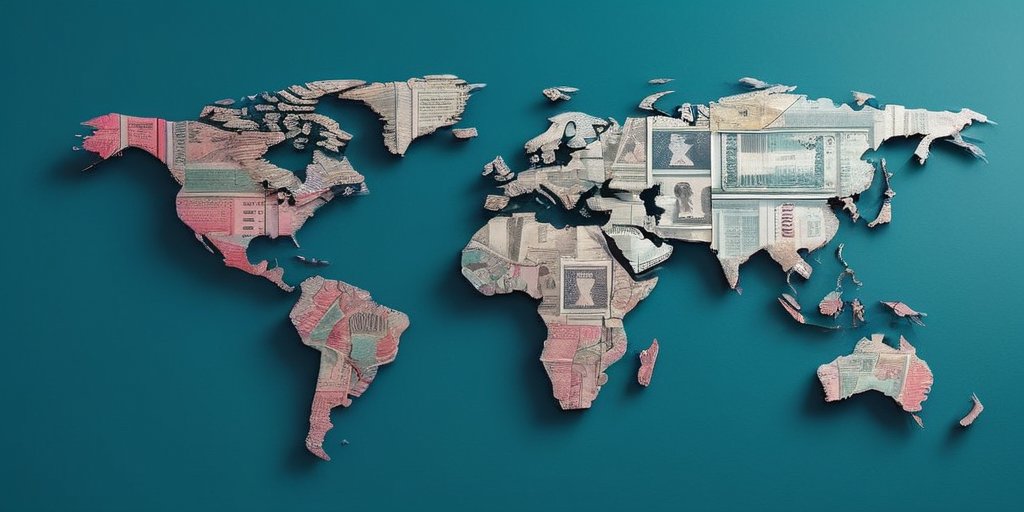In a striking move that highlights the ongoing negotiations over TikTok, President Donald Trump has indicated a willingness to cut tariffs on China as part of efforts to finalize a sale of the popular short video app. This development comes on the heels of new legislation signed into law in 2024, which underscores national security grounds for the recent ‘sell or be banned’ directive thrust upon TikTok’s parent company, ByteDance.
During a press conference, Trump stated, “With respect to TikTok, China is going to have to play a role in that, possibly in the form of an approval, maybe, and I think they’ll do that.” He went further to suggest, “Maybe I’ll give them a little reduction in tariffs or something to get it done,” indicating a strategic use of economic incentives in the ongoing discussions.
The deadline to secure a deal with a non-Chinese buyer is set for April 5, 2024, a timeline Trump appears optimistic about, mentioning that he expects at least an outline of an agreement to be reached by that date. The negotiations have faced challenges, not least of which is obtaining Beijing’s approval, which has historically been a sticking point in the talks to divest TikTok.
As of January, Trump delayed the implementation of a ban previously passed under the Biden administration, showing a willingness to extend leniency amid increasing scrutiny over the app’s data privacy practices and its ties to China. He described his intent to leverage tariffs in these negotiations, reminding the press that on his first day back in office on January 20, he threatened to impose additional import duties on China should it not approve a TikTok sale.
The urgency behind these negotiations is underscored by TikTok’s vast user base in the United States, with around 170 million Americans actively using the platform. Complicating matters further, the US recently increased tariffs on all imports from China to 20%, effectively doubling the tariffs originally imposed by Trump on February 4. In response, China has retaliated with tariffs on various US goods and has placed certain US firms on an “unreliable entity list,” calling for a return to dialogue with the US government.
With tensions high and the deadline looming, Trump’s willingness to reconsider tariff strategies points to the intricate balance of international negotiations, national security, and economic policies that define his administration’s approach to dealing with China and securing the future of TikTok for American users.
